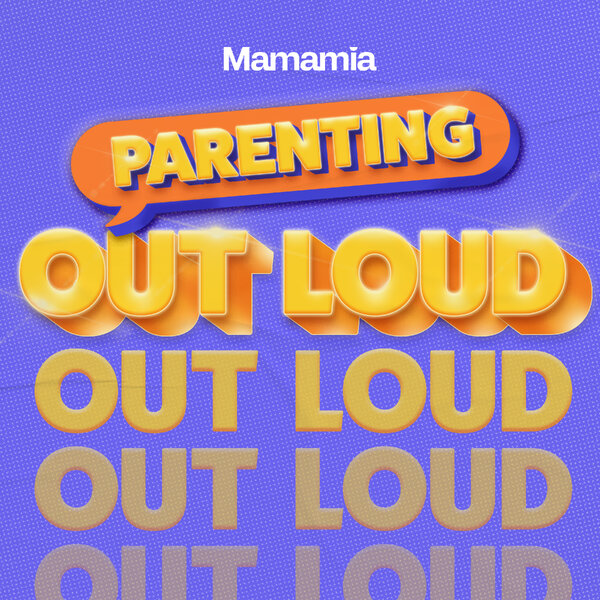By Grace Jennings-Edquist
“Us Jennings women can get pregnant at the drop of a hat.”
My nanna’s advice to my younger self was ringing in my ears as my cursor hovered over the Facebook ad. It offered up to USD$48,000 to eligible, fertile respondents who were interested in “helping others.”
At 28 years old, I was healthy, I was fit, and I was fertile – according to nanna’s words of warning, anyway.
The notice was advertising for egg donors, and I was interested.
I’d never considered becoming an egg donor before. Why would I? I grew up in Australia, where it’s illegal to pay donors or surrogates for their services. The women in my circle were in their mid-20s, an age bracket struggling more commonly with unwanted pregnancies than with infertility. Egg donation, to my mind, was a process that affluent, mature Other People used.
But I’d moved to New York, where even a full-time, professional salary doesn’t always comfortably cover the cost of living. In this expensive, busy, anonymous city, any way to make cash on the side is applauded, or at least granted the legitimacy of indifference. You can advertise and sell anything here, reproductive materials apparently included.
Against a backdrop of slippery boundaries and suspended judgment, egg donation had a certain sheeny, get-rich-quick appeal.
I weighed the pros and cons of the process. On the one hand, I’d be required to inject myself with hormones every day for two weeks. I’d be bruised and sore, then my abdomen would swell and grow sensitive to the touch as my ovaries became hyper stimulated. Eventually, I’d be administered with general anaesthetic so a specialist could “harvest” (what a word) the multiple mature eggs I’d produce as a result of the hormones.

